April 12 stands as one of history’s most eventful days, witnessing the rise and fall of empires, groundbreaking discoveries, and moments that shaped our modern world across centuries of human achievement.

Politics and Government Events on April 12
1945 – President Franklin D. Roosevelt Dies in Office

The United States faced a monumental transition when President Franklin D. Roosevelt died suddenly at Warm Springs, Georgia. Vice President Harry S. Truman immediately assumed the presidency during the final months of World War II.
Truman inherited critical decisions about the war’s conclusion and the emerging nuclear age. Roosevelt’s death marked the end of an era that had witnessed the New Deal and America’s rise as a global superpower.
1981 – Harold Washington Elected First Black Mayor of Chicago
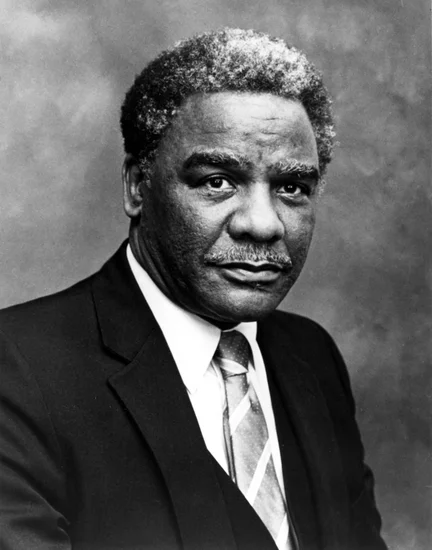
Chicago made history when Harold Washington won the mayoral election, becoming the city’s first African American mayor. His victory came after a hard-fought campaign that mobilized unprecedented voter turnout in minority communities.
Washington’s election represented a significant breakthrough in American urban politics. His administration would focus on reform and expanding opportunities for previously underrepresented communities throughout the city.
1980 – Americo-Liberian Government Violently Overthrown
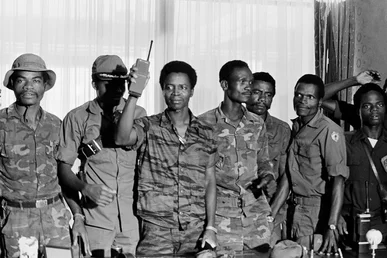
Liberia’s political landscape changed dramatically when military forces overthrew the long-standing Americo-Liberian government. The coup ended over a century of rule by descendants of freed American slaves.
Master Sergeant Samuel Doe led the military takeover that resulted in significant political upheaval. The revolution marked the beginning of decades of instability that would profoundly affect the West African nation.
1999 – President Clinton Cited for Contempt of Court

President Bill Clinton faced serious legal consequences when a federal judge cited him for contempt of court. The citation arose from his testimony in a civil lawsuit involving sexual harassment allegations.
Clinton was found to have given “intentionally false statements” during his deposition. The judge later imposed fines and Clinton faced disbarment proceedings, marking a significant constitutional crisis.
2009 – Zimbabwe Abandons Its National Currency
Zimbabwe officially abandoned the Zimbabwean dollar as its national currency due to hyperinflation. The government authorized the use of foreign currencies, primarily the US dollar and South African rand.
This dramatic economic decision followed years of devastating inflation that had rendered the national currency virtually worthless. The abandonment represented one of the most extreme monetary policy reversals in modern history.
Military and Naval History on April 12
1917 – Canadian Forces Complete Capture of Vimy Ridge
Canadian Corps achieved a decisive victory by successfully completing the capture of Vimy Ridge from German forces. The battle demonstrated exceptional tactical coordination and marked a turning point in World War I trench warfare.
The victory came at significant cost but established Canadian military reputation on the world stage. Vimy Ridge became a symbol of Canadian national identity and military prowess during the Great War.
1945 – U.S. Ninth Army Crosses the Elbe River
American forces under General William H. Simpson crossed the Elbe River near Magdeburg, advancing to within 80 kilometers of Berlin. The crossing represented one of the final major Allied advances in the European theater.
The rapid advance brought Allied forces closer to the Nazi capital than ever before. However, political decisions would soon halt the American advance, leaving Berlin’s capture to Soviet forces.
1910 – SMS Zrínyi Battleship Launched
The Austro-Hungarian Navy launched SMS Zrínyi, one of the empire’s last pre-dreadnought battleships. The vessel represented traditional naval design before the revolutionary dreadnought era transformed naval warfare.
The ship’s launch occurred during a period of intense naval competition among European powers. Zrínyi would serve throughout World War I in the Adriatic Sea before the empire’s eventual dissolution.
1983 – Soviet Nuclear Submarine Accident
The Soviet nuclear-powered submarine K-33 collided with the Finnish merchant vessel M/S Finnclipper in Danish waters. The incident highlighted the dangers of Cold War submarine operations in busy shipping lanes.
Both vessels sustained damage but avoided catastrophic consequences. The collision demonstrated ongoing tensions and operational risks during the intense submarine warfare period of the 1980s.
Science and Discovery Milestones on April 12
1961 – Yuri Gagarin Becomes First Human in Space
Soviet cosmonaut Yuri Gagarin made history by becoming the first human to travel into outer space aboard Vostok 1. His orbital flight lasted 108 minutes and fundamentally changed humanity’s relationship with space.
Gagarin’s achievement gave the Soviet Union a major victory in the Space Race against the United States. The successful mission demonstrated that human space travel was possible and opened the door to future exploration.
1955 – Polio Vaccine Declared Safe and Effective

Dr. Jonas Salk’s polio vaccine was officially declared safe and effective after extensive testing. The announcement brought hope to millions of families who had lived in fear of the devastating disease.
The vaccine’s success represented one of medicine’s greatest triumphs against infectious disease. Mass vaccination campaigns would soon begin, leading to polio’s near-complete eradication in developed countries.
1937 – First Jet Engine Successfully Tested
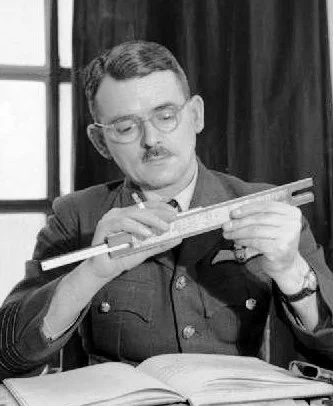
Sir Frank Whittle conducted the first successful ground test of a jet engine designed for aircraft propulsion at Rugby, England. The revolutionary engine design would transform aviation and military technology.
Whittle’s jet engine represented a fundamental breakthrough in propulsion technology. His innovation would soon power a new generation of aircraft and change the nature of air travel forever.
1981 – Space Shuttle Columbia’s Maiden Flight
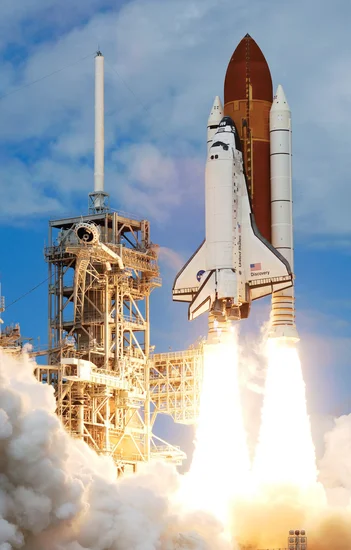
NASA launched the Space Shuttle Columbia on mission STS-1, marking the first flight of the reusable spacecraft program. The successful mission demonstrated America’s new approach to space exploration.
Columbia’s flight represented a revolutionary advancement in space technology with its reusable design. The shuttle program would dominate American space operations for the next three decades.
Cultural and Arts Events on April 12
1990 – Unique Dinosaur Exhibition Opens at Smithsonian

Jim Gary’s “Twentieth Century Dinosaurs” exhibition opened at the Smithsonian Institution’s National Museum of Natural History. Gary became the only sculptor ever invited to present a solo exhibition at the prestigious institution.
The exhibition featured innovative sculptures created from automobile parts, representing dinosaurs in a unique artistic vision. Gary’s work bridged the gap between fine art and paleontological education, attracting visitors from around the world.
1992 – Euro Disney Resort Opens in Paris

The Euro Disney Resort officially opened with its flagship theme park Euro Disneyland near Paris, France. The massive entertainment complex represented Disney’s first major expansion into European markets.
The resort’s opening marked a significant cultural exchange between American entertainment and European traditions. Despite initial challenges, the park would eventually become one of Europe’s most popular tourist destinations.
1934 – Record Wind Speed Measured on Mount Washington
Meteorologists recorded a surface wind gust of 231 mph on Mount Washington, New Hampshire, setting a world record. The measurement demonstrated the extreme weather conditions possible in mountainous regions.
The record-breaking wind speed provided valuable data for understanding atmospheric dynamics. Mount Washington’s weather station became renowned for documenting some of the world’s most severe weather conditions.
Religious and Social Events on April 12
1927 – Shanghai Massacre Ends First United Front
Chiang Kai-shek ordered the execution of Chinese Communist Party members in Shanghai, effectively ending the First United Front. The massacre marked a decisive split between Nationalist and Communist forces in China.
The brutal crackdown resulted in thousands of deaths and fundamentally altered Chinese politics. The event set the stage for decades of civil war between competing political factions.
2002 – Jerusalem Market Bombing

A suicide bomber detonated explosives at the entrance to Jerusalem’s Mahane Yehuda Market, killing seven people and wounding 104. The attack represented another tragic escalation in Middle Eastern violence.
The bombing targeted civilians in one of Jerusalem’s busiest commercial areas. The incident highlighted the ongoing security challenges facing Israeli society during the Second Intifada.
2007 – Green Zone Parliament Bombing
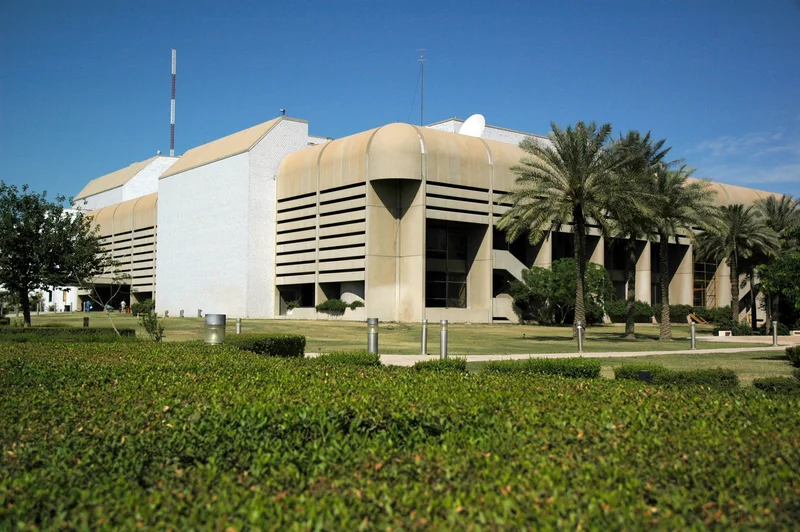
A suicide bomber penetrated Baghdad’s heavily fortified Green Zone and detonated explosives in a parliament building cafeteria. The attack killed Iraqi MP Mohammed Awad and wounded more than twenty others.
The bombing demonstrated the insurgency’s ability to strike at the heart of Iraqi government operations. The incident occurred during a period of intense sectarian violence following the American invasion.
Business and Economic Events on April 12
1934 – U.S. Auto-Lite Strike Begins
The U.S. Auto-Lite strike commenced in Toledo, Ohio, eventually escalating into a five-day confrontation between Ohio National Guard troops and 6,000 strikers. The labor dispute highlighted growing tensions between workers and industrial management.
The strike represented a significant moment in American labor history during the Great Depression. The conflict would influence federal labor policy and strengthen workers’ rights to organize and bargain collectively.
1928 – First Successful East-West Transatlantic Flight
The German aircraft Bremen, a Junkers W 33, took off for the first successful transatlantic flight from east to west. The historic flight challenged prevailing winds and demonstrated advancing aviation capabilities.
The achievement proved that regular transatlantic air service was becoming feasible. The successful crossing encouraged further development of commercial aviation and international air routes.
1985 – Space Shuttle Discovery Deploys Communications Satellites
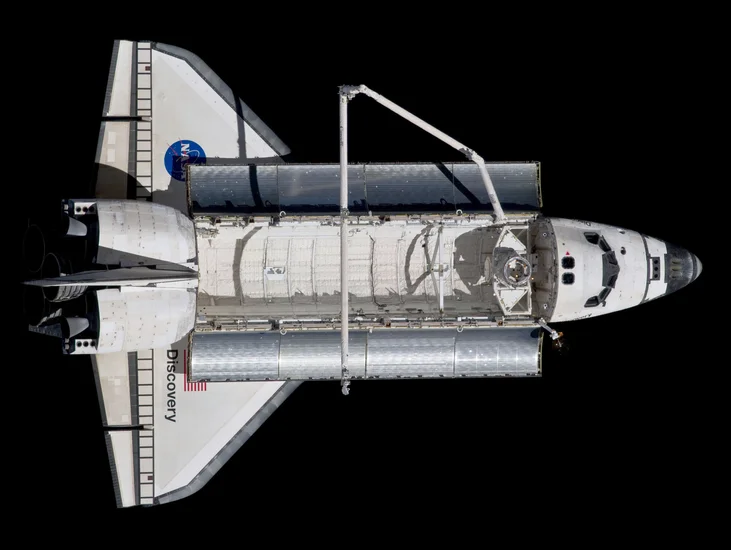
Space Shuttle Discovery launched on mission STS-51D to deploy two communications satellites in orbit. The mission demonstrated the shuttle’s capability to serve commercial satellite deployment needs.
The successful deployment marked an important step in commercializing space operations. NASA’s shuttle program provided reliable access to orbit for both government and private sector customers.
Transportation and Infrastructure on April 12
1980 – Terry Fox Begins Marathon of Hope
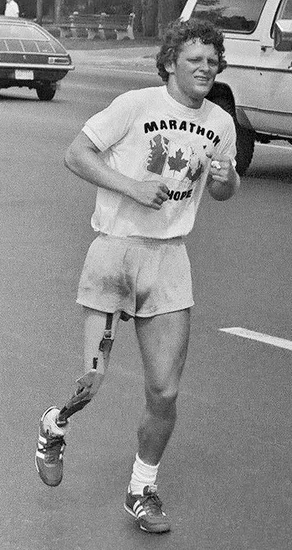
Canadian runner Terry Fox began his Marathon of Hope in St. John’s, Newfoundland, embarking on a cross-country run to raise cancer awareness. Fox, who had lost his leg to cancer, planned to run across Canada.
The marathon captured international attention and raised millions of dollars for cancer research. Fox’s courage and determination inspired countless people and established an enduring legacy in cancer fundraising.
1927 – Texas Tornado Devastates Rocksprings
An F5 tornado struck Rocksprings, Texas, destroying 235 of the town’s 247 buildings and killing 72 people. The tornado ranks as the third deadliest in Texas history and demonstrated nature’s devastating power.
The disaster highlighted the vulnerability of small communities to extreme weather events. The tornado’s impact led to improved weather forecasting and emergency response procedures in rural areas.
1980 – Brazilian Commercial Aviation Disaster

Transbrasil Flight 303, a Boeing 727, crashed during approach to Hercílio Luz International Airport in Florianópolis, Brazil. The accident killed 55 of the 58 people on board, marking a tragic day in Brazilian aviation.
The crash prompted investigations into airport safety procedures and aircraft maintenance standards. The incident led to improved safety regulations in Brazilian commercial aviation operations.
Sports and Recreation on April 12
2014 – Great Fire of Valparaíso
A massive fire ravaged the Chilean city of Valparaíso, killing 16 people and displacing nearly 10,000 residents. The disaster destroyed over 2,000 homes and threatened the UNESCO World Heritage site.
The fire highlighted urban planning challenges in hillside communities prone to natural disasters. International aid efforts helped rebuild the historic port city and improve fire prevention measures.
2011 – Minsk Metro Bombing
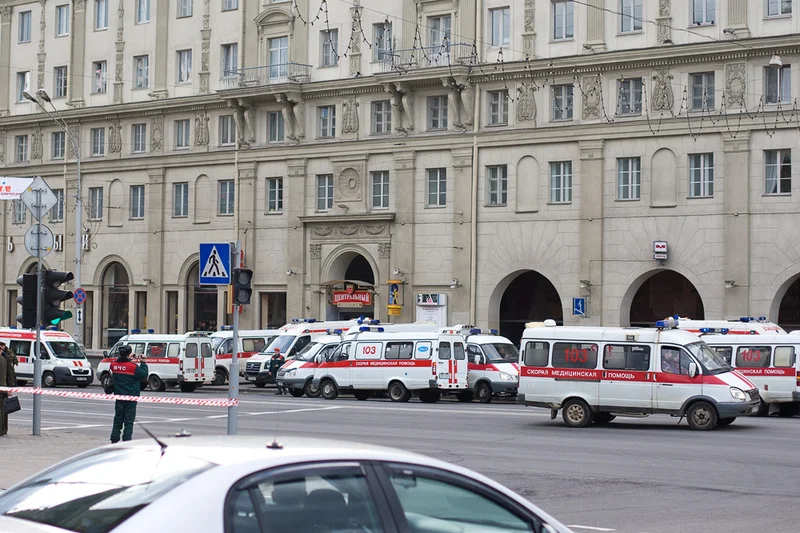
A terrorist bombing in the Minsk Metro system killed 15 people and injured 204 others in Belarus. The attack occurred during evening rush hour, maximizing casualties among commuters.
The bombing shocked the normally peaceful former Soviet republic and led to increased security measures. Belarusian authorities launched extensive investigations to identify and prosecute the perpetrators.
2010 – Merano Train Derailment
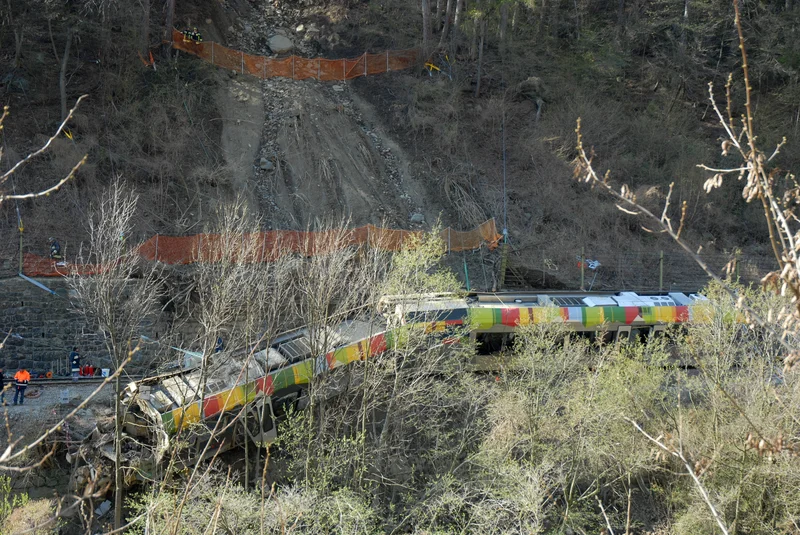
A serious rail accident in South Tyrol, Italy, resulted in nine deaths and injured 28 people near Merano. The derailment highlighted ongoing safety concerns in European rail transportation.
The accident prompted investigations into track maintenance and train safety systems. Italian authorities implemented new safety protocols to prevent similar incidents in the future.
Notable Births on April 12
1947 – David Letterman, Television Host and Comedian

David Letterman was born in Indianapolis, Indiana, beginning a journey that would revolutionize late-night television. His unconventional humor and innovative show format challenged traditional broadcasting approaches.
Letterman’s career spanned decades hosting “Late Night” and “The Late Show,” earning numerous awards and cultural influence. His distinctive interviewing style and comedic sensibility shaped modern television entertainment.
1959 – Herbie Hancock, Jazz Pianist and Composer

Herbie Hancock entered the world in Chicago, Illinois, destined to become one of jazz music’s most innovative artists. His early musical training provided the foundation for groundbreaking contributions to multiple genres.
Hancock’s career encompassed traditional jazz, fusion, funk, and electronic music, earning multiple Grammy Awards. His artistic evolution demonstrated jazz’s capacity for continuous innovation and cultural relevance.
1956 – Andy García, Actor and Director

Andy García was born in Havana, Cuba, before immigrating to the United States where he would achieve Hollywood success. His distinctive screen presence and dramatic range earned critical acclaim across multiple decades.
García’s performances in films like “The Godfather Part III” and “Ocean’s Eleven” established him as a leading actor. His Cuban heritage influenced his choice of roles and advocacy for Latino representation in entertainment.
1940 – Bobby Moore, English Football Legend
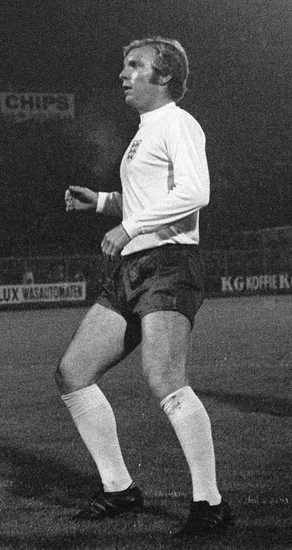
Bobby Moore was born in Barking, England, becoming one of football’s most respected defenders and captains. His leadership qualities and tactical understanding made him indispensable to both club and country.
Moore captained England to World Cup victory in 1966 and earned 108 international caps. His dignified playing style and sportsmanship made him a global ambassador for English football.
1979 – Claire Danes, Actress

Claire Danes was born in New York City, beginning an acting career that would span television and film. Her early performances demonstrated remarkable emotional depth and technical skill.
Danes achieved critical success in “My So-Called Life” and later “Homeland,” earning multiple Emmy Awards. Her portrayals of complex characters established her as one of her generation’s finest actresses.
1947 – Tom Clancy, Novelist

Tom Clancy was born in Baltimore, Maryland, developing a fascination with military technology and international politics. His detailed research and technical accuracy revolutionized the thriller genre.
Clancy’s novels, including “The Hunt for Red October,” became bestsellers and spawned successful film adaptations. His work influenced popular understanding of military strategy and Cold War dynamics.
Notable Deaths on April 12
1945 – Franklin D. Roosevelt, 32nd President of the United States
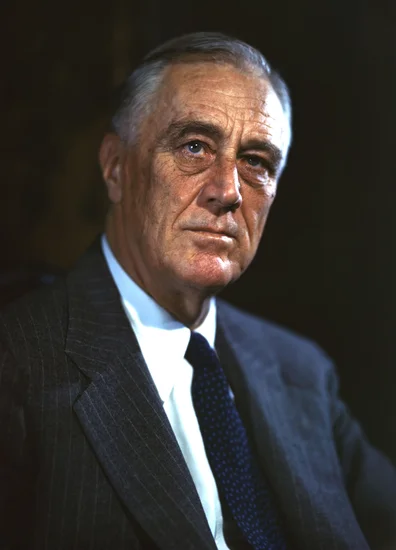
Franklin D. Roosevelt died at Warm Springs, Georgia, after serving as president for over twelve years. His death occurred during the final months of World War II, leaving unfinished business in both domestic and international affairs.
Roosevelt’s presidency spanned the Great Depression and World War II, fundamentally transforming American government and society. His New Deal programs established the modern welfare state and expanded federal government responsibilities.
1981 – Joe Louis, Boxing Champion
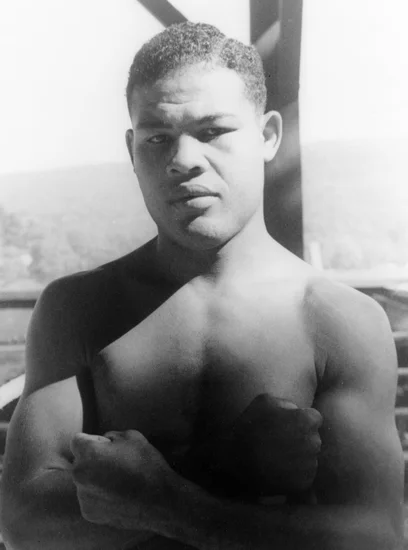
Joe Louis died in Las Vegas, Nevada, after a legendary boxing career that made him one of America’s greatest sports heroes. His reign as heavyweight champion lasted nearly twelve years and included 25 successful title defenses.
Louis broke racial barriers and became a symbol of American strength during World War II. His victories over German Max Schmeling carried political significance beyond the boxing ring.
1975 – Josephine Baker, Entertainer and Civil Rights Activist

Josephine Baker died in Paris, France, after a remarkable career that spanned entertainment and civil rights activism. Her performances in 1920s Paris made her an international sensation and cultural icon.
Baker’s later work supporting the American civil rights movement demonstrated her commitment to social justice. Her funeral in Paris drew thousands of mourners, reflecting her impact on both sides of the Atlantic.
1912 – Clara Barton, Founder of American Red Cross
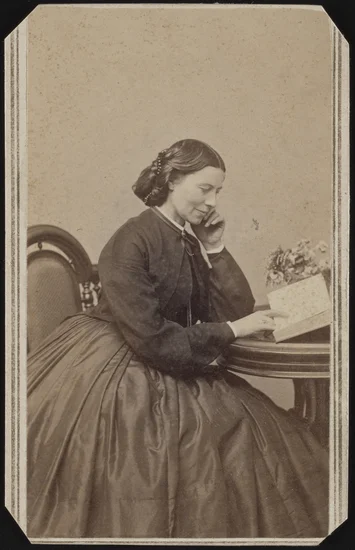
Clara Barton died in Glen Echo, Maryland, after dedicating her life to humanitarian service and nursing. Her work during the Civil War earned her the nickname “Angel of the Battlefield.”
Barton’s establishment of the American Red Cross created a lasting institution for disaster relief and humanitarian aid. Her pioneering efforts in emergency medicine and disaster response saved countless lives.
1989 – Sugar Ray Robinson, Boxing Legend
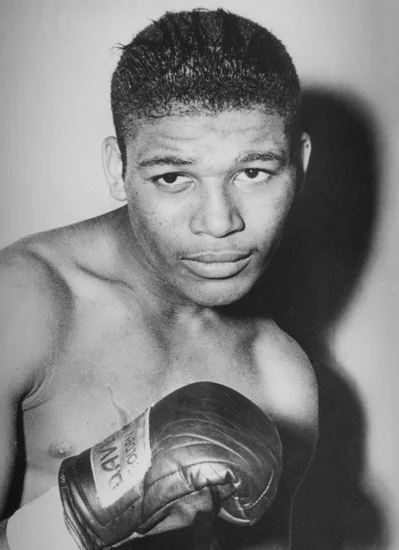
Sugar Ray Robinson died in Culver City, California, after a career many consider the greatest in boxing history. His combination of speed, power, and technical skill revolutionized the sport.
Robinson’s professional record and fighting style influenced generations of boxers who followed. His nickname “Sugar Ray” became synonymous with boxing excellence and athletic artistry.
1988 – Alan Paton, South African Author
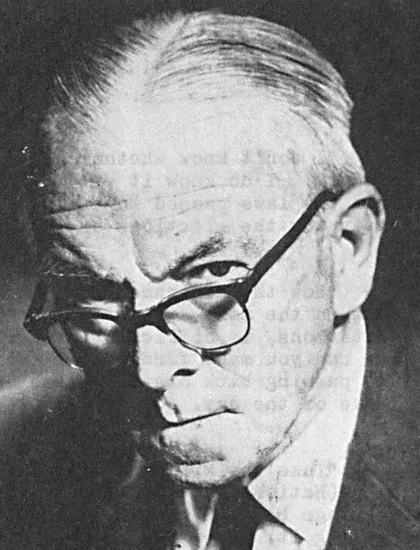
Alan Paton died in Durban, South Africa, after a literary career that powerfully depicted the injustices of apartheid. His novel “Cry, the Beloved Country” brought international attention to South African racial oppression.
Paton’s writing combined literary artistry with social conscience, influencing global understanding of apartheid. His work contributed to the moral pressure that eventually led to South Africa’s democratic transformation.
Holidays and Observances on April 12
International Day of Human Space Flight
The United Nations established International Day of Human Space Flight to commemorate Yuri Gagarin’s historic orbital flight in 1961. The observance celebrates human achievements in space exploration and promotes peaceful uses of outer space.
The day encourages international cooperation in space research and highlights space technology’s contributions to sustainable development. Educational institutions worldwide use the occasion to inspire students toward careers in science and engineering.
Cosmonautics Day in Russia
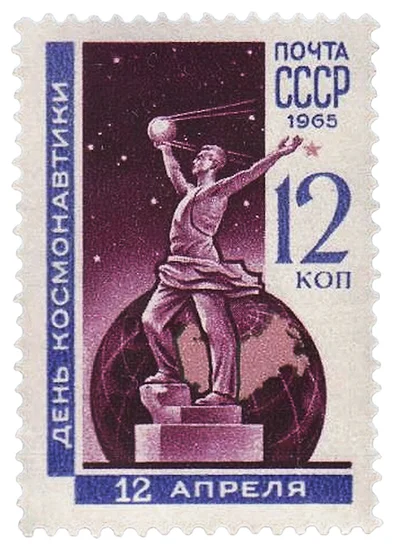
Russia celebrates Cosmonautics Day to honor Yuri Gagarin’s pioneering space flight and the nation’s contributions to space exploration. The holiday reflects Russia’s pride in its space program achievements and scientific advancement.
The celebration includes ceremonies at space facilities and educational programs about space exploration. Russian space agency officials use the day to announce new missions and highlight ongoing space research projects.
Children’s Day in Bolivia
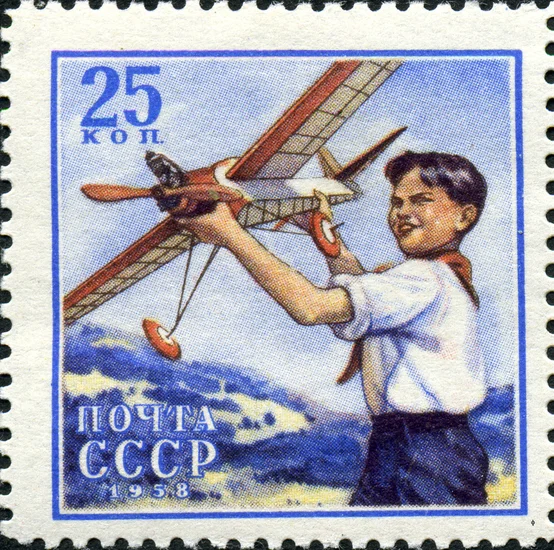
Bolivia observes Children’s Day on April 12, focusing attention on children’s rights and welfare. The holiday emphasizes the importance of education, healthcare, and protection for Bolivia’s youngest citizens.
Schools and communities organize special activities to celebrate childhood and promote children’s development. The observance highlights ongoing efforts to improve living conditions and opportunities for Bolivian children.
